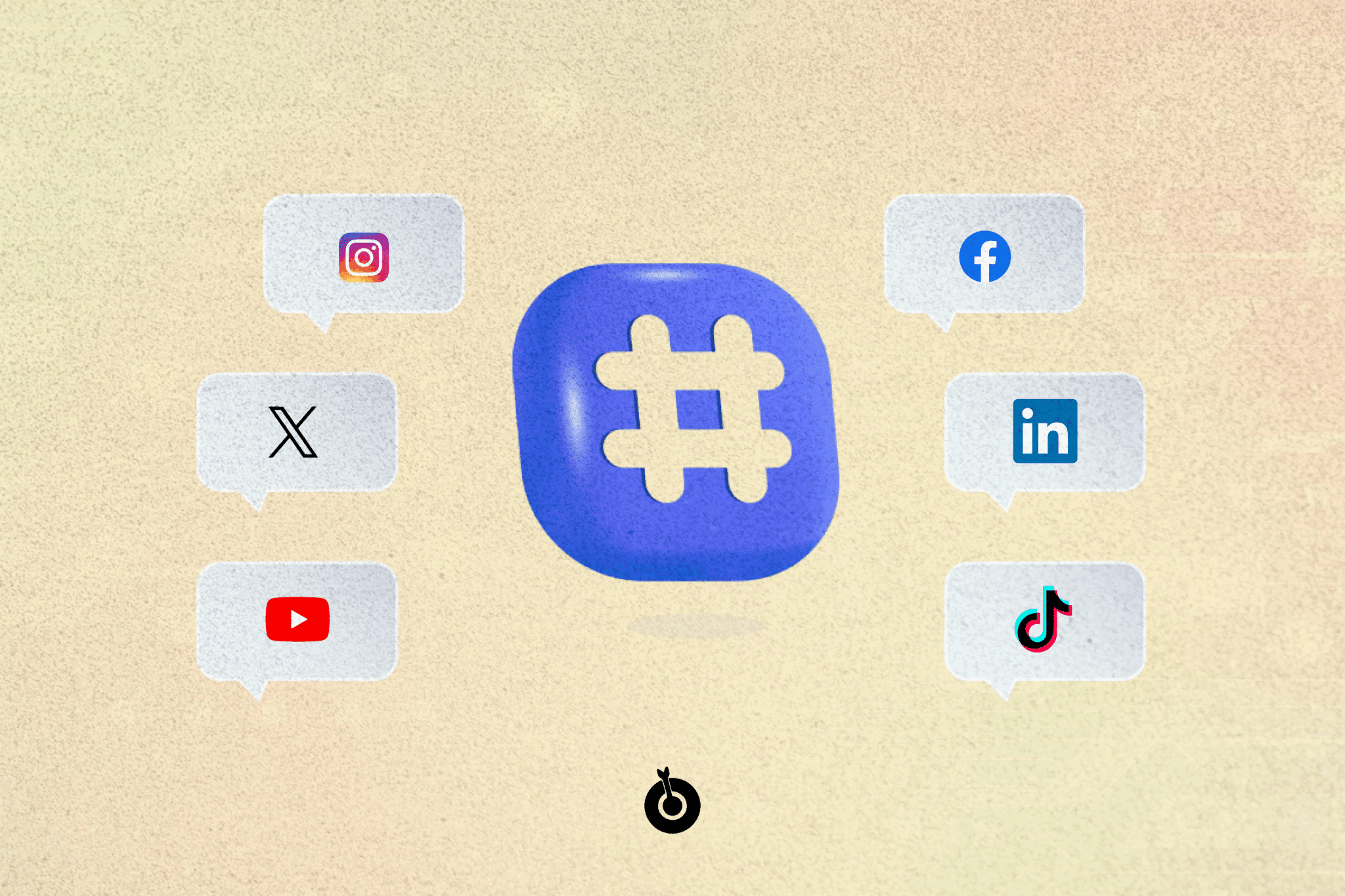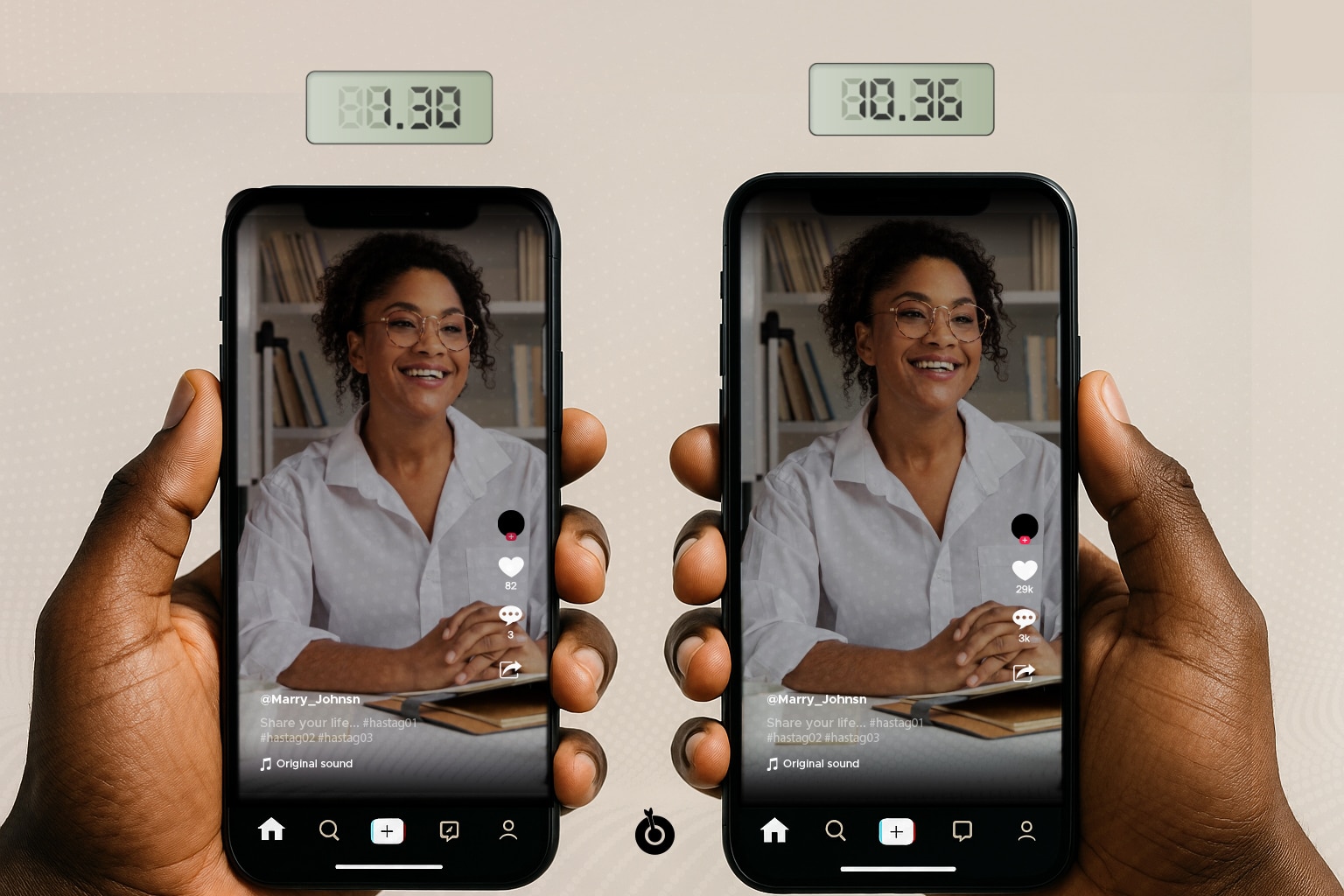- Meta, the parent company of Facebook, WhatsApp, and Instagram, has launched Llama 3, a new AI assistant designed to improve social connections, engage in conversations, and make suggestions.
- The Meta AI assistant, integrated into all Meta platforms, utilises real-time search results from Bing and Google. Its image generation capabilities enable users to create animations and high-resolution images while typing.
- The AI, which has only been available in the United States, is now being rolled out in several countries, including Ghana, Malawi, Nigeria, South Africa, Uganda, Zambia, and Zimbabwe, with plans for further expansion into additional countries and languages.
Users can access Meta AI while scrolling through their Facebook feeds, allowing them to request more information about a specific post. On WhatsApp, the AI can generate high-quality images with improved text inclusion, as well as provide useful prompts for image changes.
While chatting with the AI on WhatsApp, the image changes as the user provides more information about the text-to-image prompt.
Furthermore, the AI has also been introduced on the web at meta.ai. It works similarly to ChatGPT, allowing users to log in and initiate conversations.
“With LLaMA 3, Meta AI will now be the most intelligent, freely available assistant,” Meta CEO, Mark Zuckerberg said in an interview.
“And because we’ve reached the quality level we want, we’re now going to make it much more prominent and easier to use across all our apps.”
The company has followed suit with Microsoft and Google. Last year, Microsoft integrated OpenAI’s ChatGPT into its Bing search engine, while Google incorporated AI into products such as Docs, Gmail, and Google Search.
This development will aid the growth of artificial intelligence in Africa, which currently lags in funding for AI startups. Per a Q1 2024 funding report, the AI sector ranked tenth, receiving $4.6 million of the $176 million raised by African startups.
On April 4, 2024, the Nigerian government announced plans to enlist 120 experts — researchers, startups, and AI community stakeholders — to establish a collaborative framework to drive AI adoption in the country.
Also, the Kenyan government recently partnered with Deutsche Gesellschaft für Internationale Zusammenarbeit (GIZ) GmbH to launch a project to develop a National Artificial Intelligence strategy.











